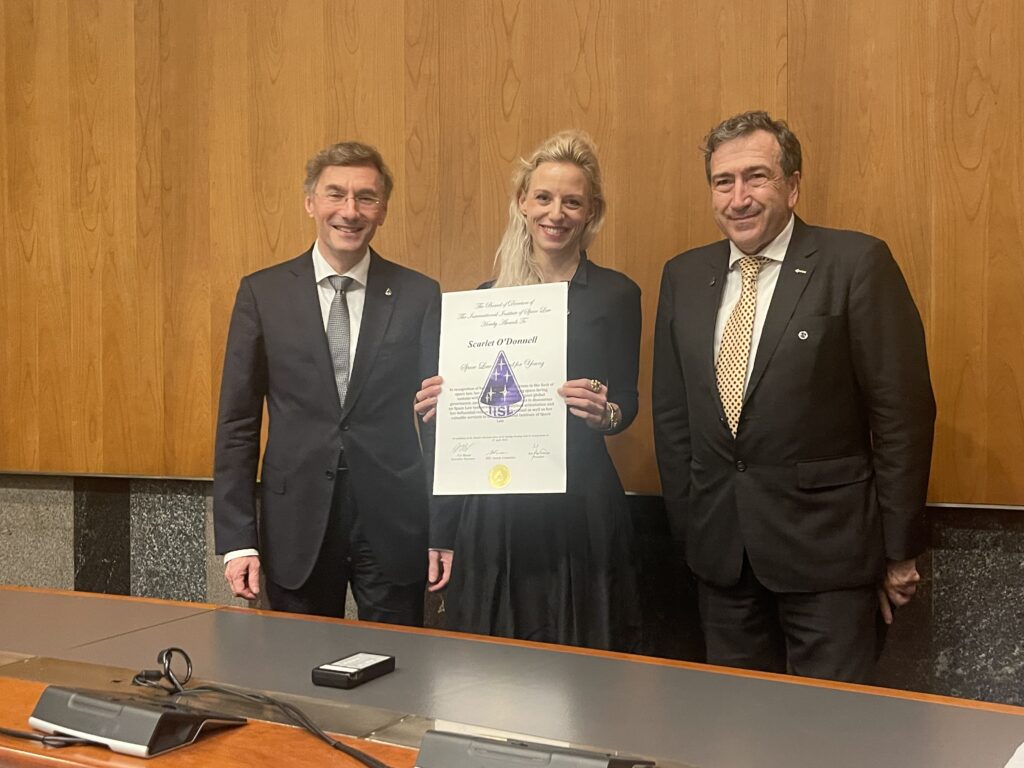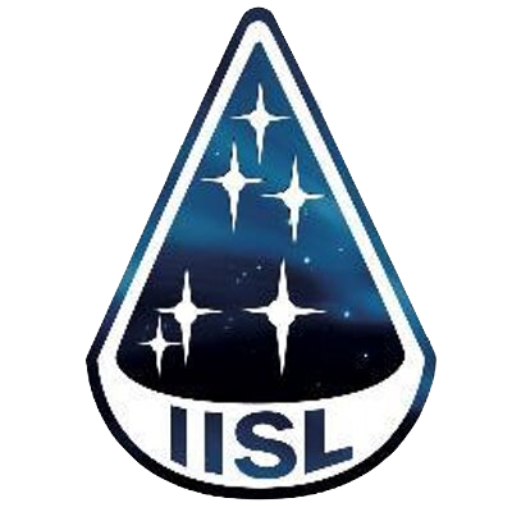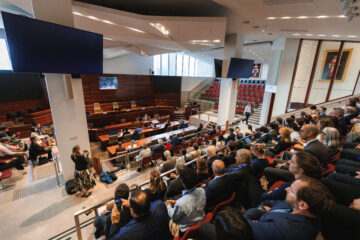Meet the 2024 IISL Young Achiever Awardees
The Space Law Award for Young Achievers was introduced as a new category of award in early 2019 and recognises meritorious contributions or outstanding achievements relevant to the field of space law or distinctive service to the activities, events or goals of IISL by young individuals, that can serve as inspiration to the up-and-coming generation of space lawyers.
This year’s Young Achiever Award went to Ruvimbo Samanga and Scarlet O’Donnell. They answered three questions for IISL, offering us the opportunity to get to know them more closely.
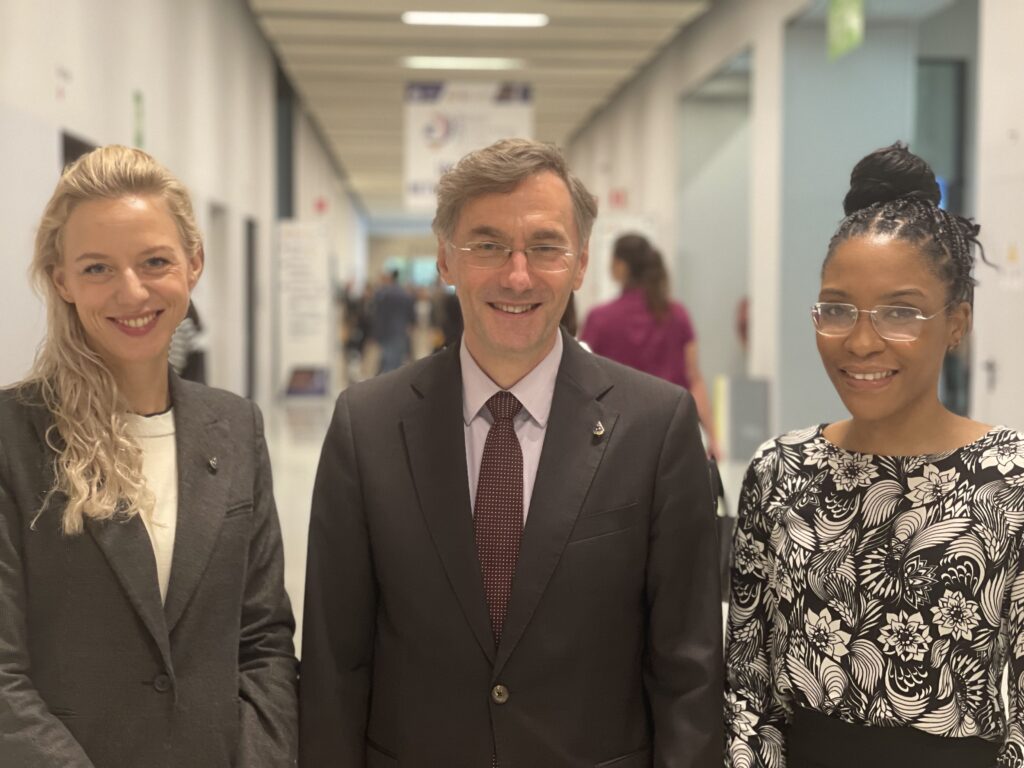

Ruvimbo Samanga
1) Who I Am:
I am Ruvimbo Samanga, a space law and policy analyst and advocate for the development of space law in Africa. My work focuses on space law, policy, and sustainable development, particularly in relation to how space technology can drive socio-economic growth across Africa. I have a background in international law, and my passion is ensuring that space becomes a tool for the benefit of all humankind, especially for developing nations.
2) How I Came to Space Law and What I Did So Far:
I became interested in space law during my legal studies, when I realized the critical role space technologies can play in addressing global challenges, particularly for African nations. I was drawn to the idea of ensuring equitable access to space for developing countries.
My journey began when I participated in the Manfred Lachs Space Law Moot Court Competition, where my team won the African rounds. This experience sparked my deep interest in space law. Since then, I have worked on various space law projects, including being a legal expert for private sector, NGOs, regional and research institutions and contributing to the development of space policies in the region.
I have also been involved with several global organizations, such as the Space Generation Advisory Council (SGAC) and the Milo Space Science Institute, where I advocate for space education and diversity in the space industry.
3) What I Expect from Space Law in the Future:
In the future, I expect space law to play an increasingly important role in ensuring the peaceful, sustainable, and equitable use of space. As more countries and private entities become involved in space activities, the need for comprehensive and inclusive legal frameworks will grow. I hope to see the development of clearer regulations on issues like space debris, resource extraction, and space traffic management.
Moreover, I envision a future where space law helps developing nations, especially in Africa, harness space technology to address issues like food security, environmental monitoring, and disaster management. I believe space law will continue to evolve as a key pillar in ensuring that the benefits of space exploration and technology are shared globally, for the benefit of all humanity.
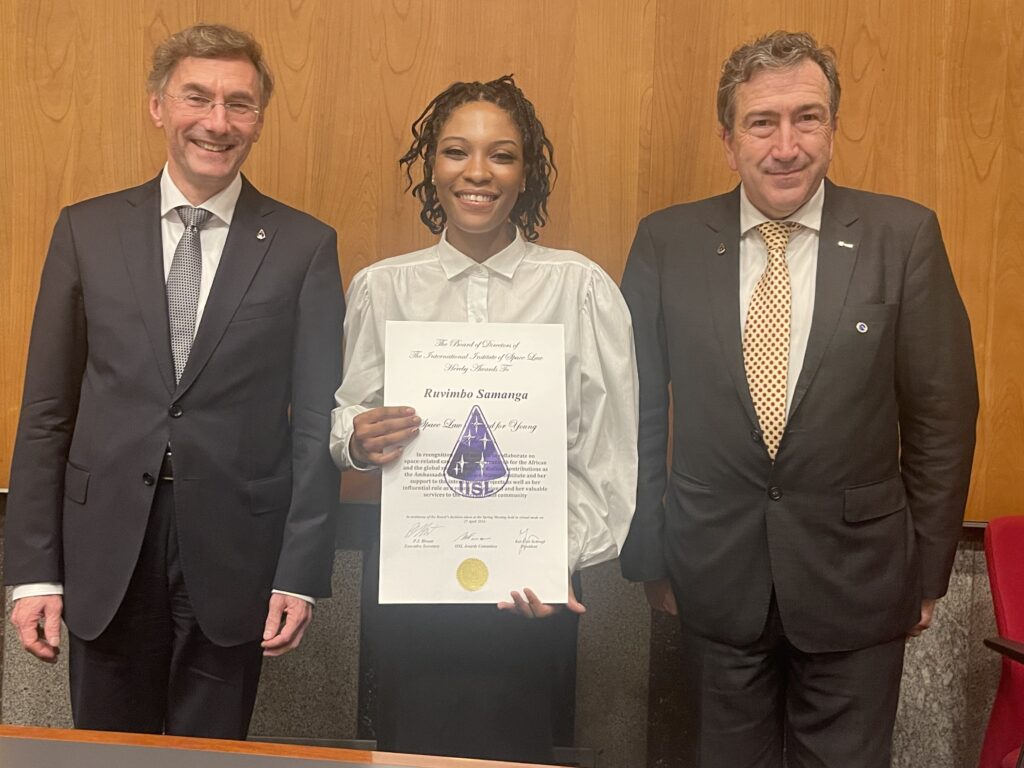

Scarlet O’Donnell
1) Who I Am:
I am a space lawyer specializing in both national and international space law. My work focuses on areas such as international responsibility, the registration of objects launched into outer space, the domestic implementation of international space law, comparative space law, international liability, space traffic management, and, importantly, space sustainability. My background is in public international law, and over the past few years, I have lived in the Netherlands, Cambodia, Sweden, Austria, and Germany. I am deeply passionate about ensuring that all nations can benefit from space exploration and that space serves the interests of ‘all humankind’.
2) How I Came to Space Law and What I Did So Far:
My journey into space law began during my law studies and Ph.D. research. My doctoral work at Lund University, Sweden, focused on both international and national space law, with a particular emphasis on Articles VI, VII, and VIII of the Outer Space Treaty. I have also worked as a Scientific Advisor at the German Space Agency (DLR) and served as a consultant for UNOOSA’s Space Law for New Space Actors Project. This experience has allowed me to merge academic expertise in space law with practical experience. In addition, I have been involved with the International Institute of Space Law (IISL) in various capacities, first as a webmaster, and currently as a member of the IISL Board of Directors and Chair of the IISL PRISM Committee. Last year, I had the honour to bring together a team of young scholars from the five regions of the world represented in the IISL Manfred Lachs Space Law Moot Court Competition to jointly draft and present the Nandasiri Jasentuliyana Keynote Lecture opening the 2023 IISL Colloquium and Young Scholars Session. As our topic, we chose to revisit the foundation of IISL’s mission: the rule of law in outer space.
3) What I Expect from Space Law in the Future:
Space law is built on the foundation of five UN treaties, crafted with remarkable foresight during the early space age. In the coming years, I anticipate further refinement of these foundational principles, adapting them to match the current technological landscape. This is particularly critical for ensuring the sustainability of space activities, so that future generations can continue to access and utilise outer space.
The growing role of the private sector in space exploration may drive new developments in space law and policy. I look forward to seeing how these changes will influence the creation of national and international regulations. For me, the work of COPUOS and its Subcommittees is fascinating not only because it deals with matters beyond our planet, but also because it is one of the few international committees that operates by consensus. The agreements forged here can have far-reaching implications, even influencing areas of geopolitics on Earth.
In the years ahead, I believe space law will expand its importance for global cooperation in space activities as well as for political and diplomatic exchanges worldwide. I hope that space activities will continue to be and increasingly be carried out “for the benefit and in the interests of all countries, irrespective of their degree of economic or scientific development, and shall be the province of all [hu]mankind”.
